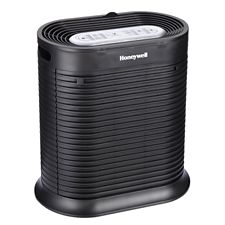There's been a lot of talk and confusion about masks and their affect on COVID-19.
My first thought is that it was a stupid mistake to recommend against masks in the early months of the pandemic. They basically undermined their credibility with a populace that already has misgivings about its governments and politicians.
So what's the scoop on wearing masks during a disease outbreak? Well the Asian's do it automatically (read: Taiwan, Japan, etc) and automatically wear masks when there's an outbreak. Compare Japan's cases per million people - less than 500 compared with the USA's 17k+. Is it the magic bullet? Nope, it's a way to reduce both infection and transmission. Here's a link to an interesting article from the BBC.
Heck, there was evidence that masking helped during the Spanish Flu Epidemic.
Fundamentally, having a mask on - even if it isn't an N95 mask reduces the spreading of the droplets containing the virus particles. This goes both ways, an infected person isn't spreading as many droplets and the uninfected aren't breathing as many into their bodies. That's the key, the masks are filtering the droplets that contain the virus, not the virus by itself.
This link from the World Health Organization (WHO) has some good information on use of masks etc.
Do I wear a mask? It depends on whether it is obligatory and the location / situation.
Interior high density of people, yep I'll be more inclined to wear a mask. At the onset of the outbreak I was wearing a respirator which exceeded N95 masks.
Exterior in a rural area with low density of people, I will be usually be maskless.
Now, I have also taken the precaution of purchasing two honeywell hepa filters for my house. They run all the time and serve a secondary purpose - alleviation of allergy symptoms.
Am I paranoid, nope, I am approaching this from a reasoned perspective based on the knowledge of viral transmission.
So, be safe and don't panic.
P^3


Comments
Post a Comment